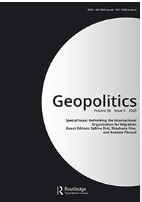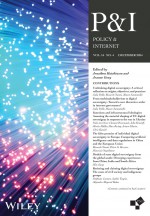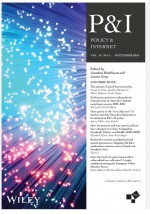Attributes of Digital Sovereignty: A Conceptual Framework

This is an open-access article.
This paper explores digital sovereignty as a pivotal element of contemporary politics. Drawing upon a constructivist perspective, it proposes a conceptual framework for studying the policy discourse on digital sovereignty. The framework is structured around five core attributes – adversariality, multiversity, latency, instrumentality, and hypocrisy – that characterise sovereignty claims in the digital sphere. These attributes serve as analytical categories to understand digital sovereignty as a discursive resource employed in political struggles over the control of digital networks. Digital sovereignty emerges as a contested concept, central to competition among nation-states, regional blocs, corporate entities, epistemic communities and social groups. The study highlights the contradictory and often fragmented nature of digital sovereignty claims, revealing how they intersect with broader geopolitical ambitions and challenges. By situating digital sovereignty within global power rivalries and historically-determined social relations, this analysis develops a critical understanding of digital sovereignty, which embraces its inherently contested and evolving nature.





